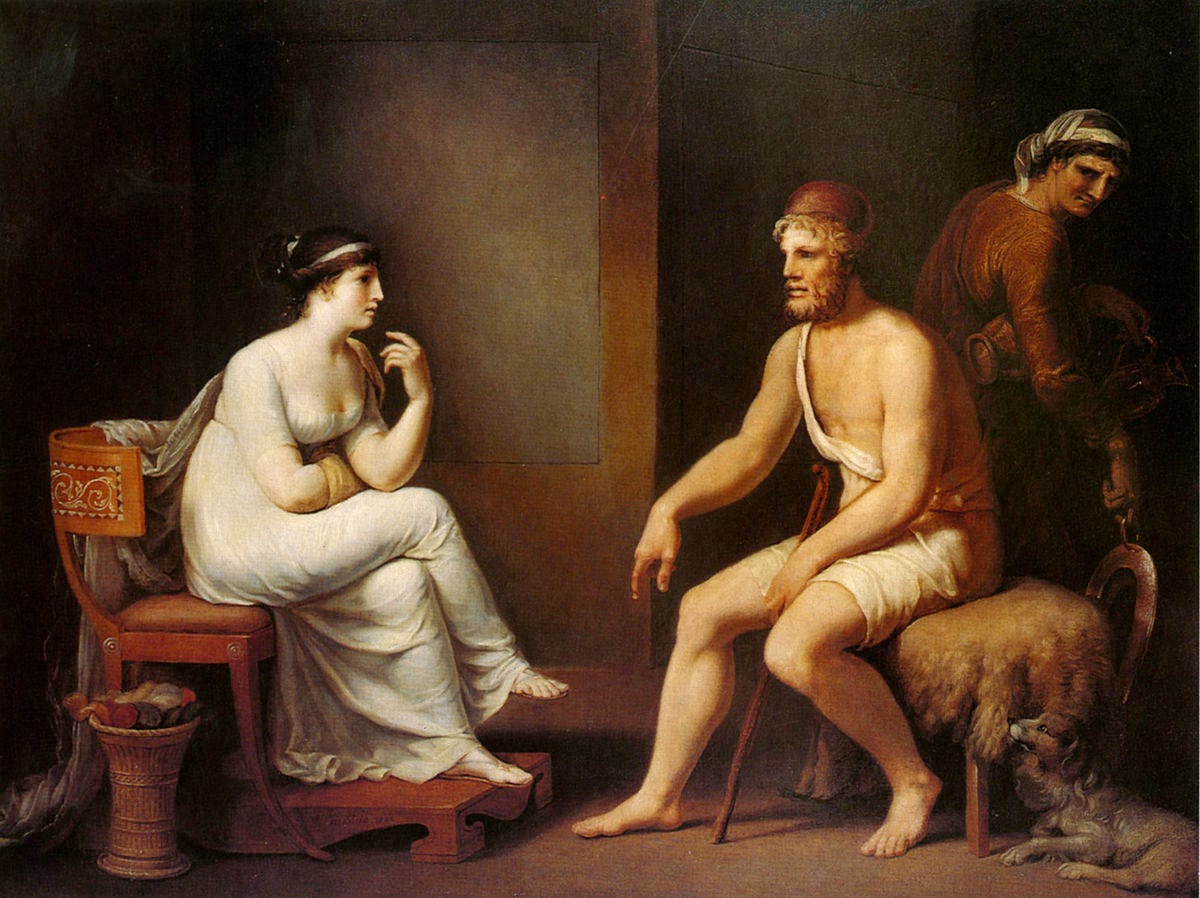#Seed027: Marriage, Community & Good Work
Why marriage is an act of resistance to the global monoculture
“We thus can see that there are two kinds of human economy. There is the kind of economy that exists to protect the ‘right’ of profit, as does our present public economy; this sort of economy will inevitably gravitate toward protection of the ‘rights’ of those who profit most. Our present public economy is really a political system that safeguards the private exploitation of the public wealth and health. The other kind of economy exists for the protection of gifts, beginning with the ‘giving in marriage,’ and this is the economy of community, which now has been nearly destroyed by the public economy.” - Wendell Berry, Sex, Economy, Freedom, and Community
I’ve always been struck by the Prophet Muhammad’s insistance on publicly declaring a marriage, may the light of God continue to nourish his soul and our connection to him. In numerous narrations, he teaches to announce the marriage, going as far as saying that a wedding is only considered lawful when drums are beaten and voices raised. The idea that marriage is simply an act between two individuals is a modern fallacy. And perhaps the wisdom between the public declaration of marriage is to highlight that marriage is the bedrock of the economy of community.
It is tragic that most people think economics is about money. An accurate definition of economics would be the management of the household (oikos + nomia). We could then argue that there are two economies: the public economy and the economy of community. As Wendell Berry illustrates in the epigraph, “our present public economy is really a politcal system that safeguards the private exploitation of public wealth and health.” In other words, the management of society is pervading into the most intimate places, instilling a global monoculture right in your bedroom.
This conjures up the image of the couple in their private quarters, each scrolling at their social media feed. In the most intimate space, the wedding bed, couples are found to be participating in the public economy instead of cherishing the moments between them. How far have we strayed from Penelope and Odysseus? Once separated for twenty years, they were scarcely recognizable to each other, yet they were able to reunite through their intimate knowledge of their wedding bed – a sacred space unseen by any other?
Rejoicing in each other, they returned to their bed,
the old familiar place they loved so well.
The public economy sells us the illusion that we are self-serving individuals. We get to consume what we want, and to do so is to exercise our freedoms. Ironically, the freedom we are sold are golden fetters. The public economy imprisons our whims and our desires. We are free to consume, that is all. But we become imprisoned by our appetites. In turn, this imprisonement sells us the idea that our lives aren’t good enough, and that we always need more. The public economy tells us that people are dispensable. Bored with your marriage? Change your spouse. This economy tells us that the world is scarce and that time is limited. This materialist paradigm of scarcity further pushes us towards following our appetites, embodied in the motto: “You only live once.”
Giving in marriage is an act of resistance because it is the first step to the protection of gifts. It resists the paradigm of scarcity because it affirms that history is in good hands. Marriage, just like friendships, is a mutual commitment between individuals. That mutual commitment acknowledges that life will have peaks and valleys, happiness and grief, all acknowledging that the world is full of gifts. It is the foundation of the gift economy. The dowry is but a metaphor. Instead of working for a wage, working for a marriage is about growth in character not in domestic product. It is good work; that of bringing up future generations who steward communities and the earth.



